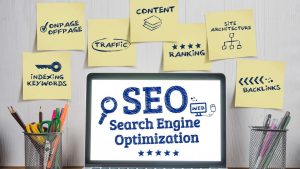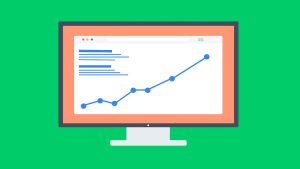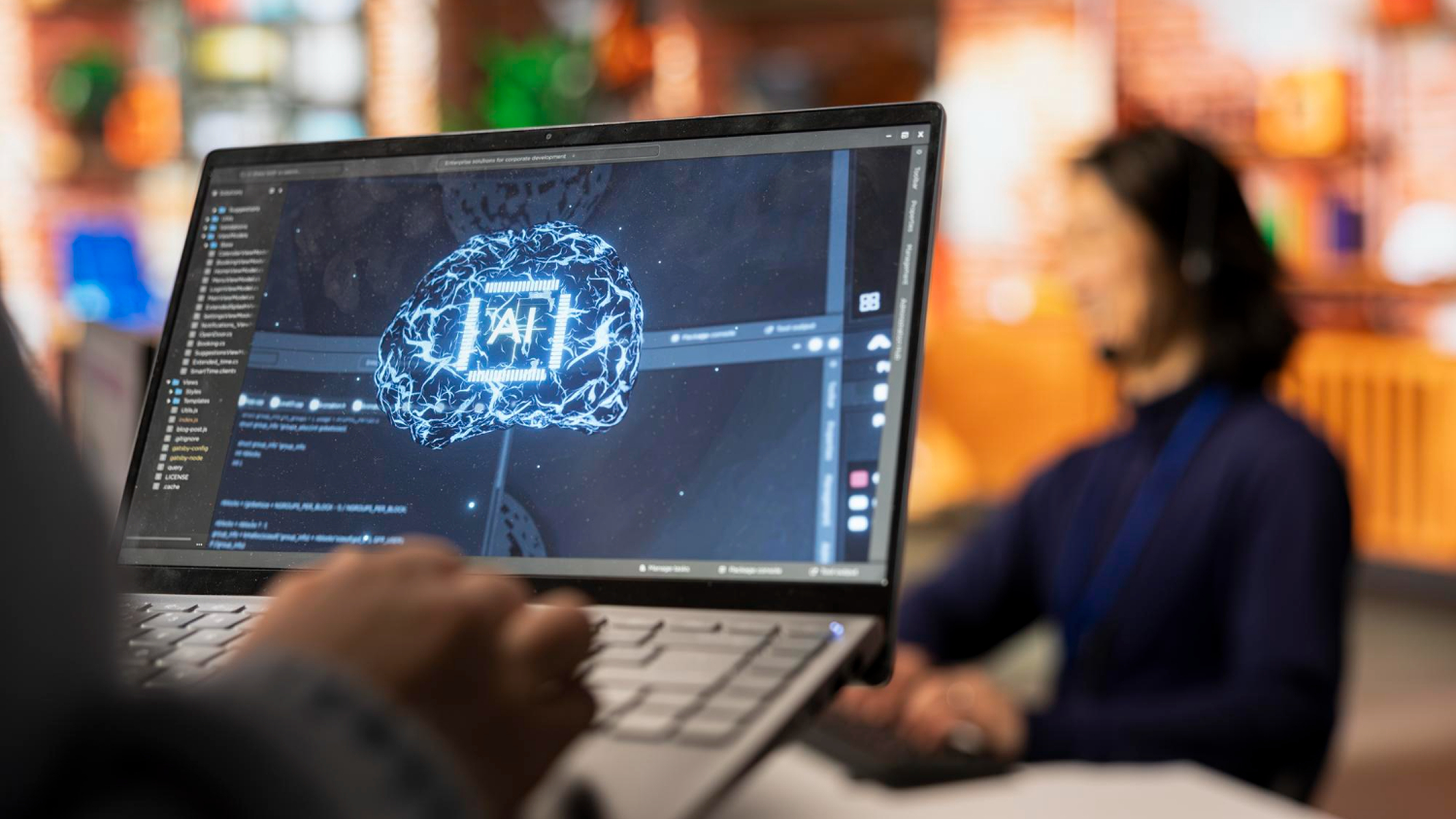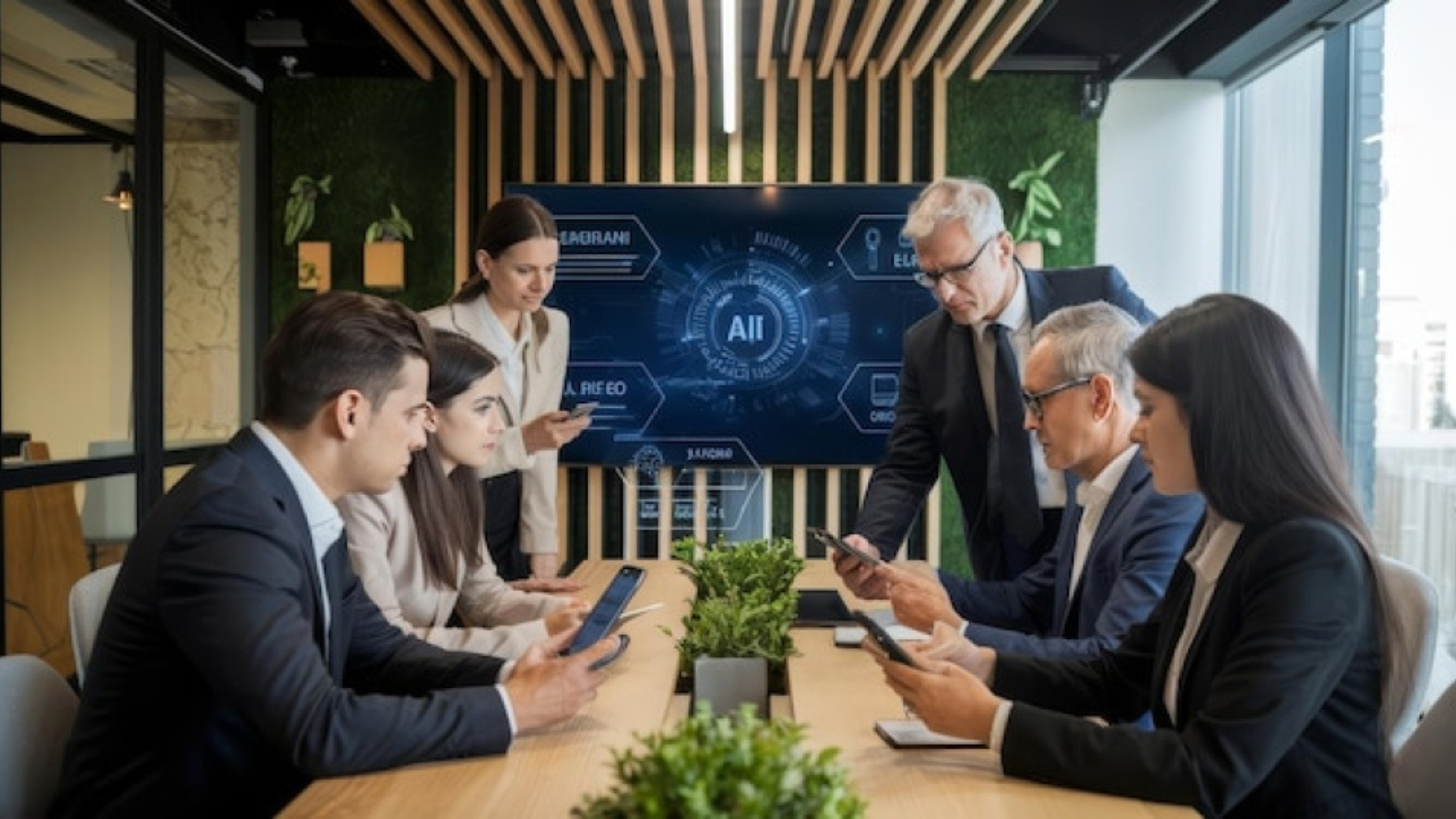In the ever-evolving world of digital marketing, one of the most significant and transformative trends is the integration of artificial intelligence (AI) into search engine optimization (SEO) strategies. As search engines become increasingly sophisticated and user expectations continue to rise, the role of AI in SEO is becoming more prominent, revolutionizing the way we approach search engine visibility and organic traffic generation.
The Power of AI in SEO
At its core, AI-powered SEO leverages machine learning algorithms to analyze vast amounts of data, identify patterns, and make data-driven decisions that optimize a website’s search engine performance. This technology-driven approach offers several key advantages over traditional SEO methods:
- Predictive Analytics: AI-powered SEO tools can analyze historical data, user behavior, and search engine algorithms to predict future trends, algorithm updates, and changes in user preferences. This allows businesses to proactively adjust their strategies and stay ahead of the curve.
- Personalized Optimization: By harnessing machine learning, AI-powered SEO can deliver highly personalized, user-centric optimizations. This includes everything from tailored content recommendations to customized keyword targeting and on-page adjustments.
- Real-Time Responsiveness: AI-powered SEO systems can monitor search engine changes and user behavior in real-time, enabling businesses to swiftly adapt their strategies and capitalize on emerging opportunities.
- Scalable Efficiency: AI-powered SEO tools can automate numerous tasks, from keyword research and content optimization to link building and technical audits. This frees up valuable time and resources, allowing businesses to focus on higher-level strategic initiatives.

Transforming the SEO Landscape
As AI continues to evolve and become more prevalent in the SEO industry, several key areas are experiencing significant transformation:
- Keyword Research and Intent Analysis: AI-powered tools can analyze vast troves of search data, identify patterns, and uncover long-tail keywords and search queries that traditional methods may miss. This allows businesses to target the most relevant and high-intent keywords, improving their chances of ranking and driving qualified traffic.
- Content Creation and Optimization: AI can assist in generating personalized, high-quality content by analyzing user preferences, search intent, and competitive benchmarks. It can also optimize content for search engines by identifying the most effective structures, formatting, and on-page elements.
- Technical SEO Audits: AI-powered SEO tools can conduct in-depth technical audits, identifying and prioritizing critical issues such as site speed, mobile-friendliness, and URL structure. This enables businesses to quickly address technical roadblocks and improve overall site health.
- Link Building and Outreach: AI can aid in the link building process by analyzing the link profiles of competitors, identifying high-quality, relevant link opportunities, and automating outreach and prospecting efforts.
- Rank Tracking and Performance Monitoring: AI-powered SEO platforms can continuously monitor a website’s search engine rankings, organic traffic, and other key performance indicators (KPIs). This enables businesses to make data-driven decisions, identify areas for improvement, and measure the impact of their SEO strategies.
The and Considerations of AI-Powered SEO
While the benefits of AI-powered SEO are undeniable, there are also several challenges and considerations that businesses must address:
1. Transparency and Explainability:
As AI algorithms become more complex, it can be challenging for businesses to understand the decision-making process behind the recommendations and actions taken by AI-powered SEO tools. Maintaining transparency and ensuring explainability is crucial for building trust and making informed decisions.
2. Data Quality and Bias:
The accuracy and effectiveness of AI-powered SEO tools are heavily dependent on the quality and integrity of the data they are trained on. Businesses must ensure that they are using high-quality, unbiased data to avoid perpetuating or amplifying existing biases.
3. Ethical Considerations:
As AI becomes more powerful, businesses must be mindful of the ethical implications of their SEO strategies. This includes avoiding manipulation of search engine algorithms, respecting user privacy, and ensuring that their SEO practices do not unfairly disadvantage certain groups or individuals.
4. Integration and Collaboration:
Effectively implementing AI-powered SEO requires seamless integration with a business’s existing marketing and technology stack. Businesses must also ensure that their SEO teams collaborate closely with their data science and IT departments to maximize the benefits of AI-powered SEO.
5. Optimization and Monitoring:
AI-powered SEO is not a one-time fix; it requires ongoing optimization, monitoring, and adjustment to keep pace with the constantly evolving search landscape. Businesses must be prepared to continuously refine their strategies and pivot as needed.
The Future of AI-Powered SEO
As the integration of AI in SEO continues to accelerate, experts predict several key trends that will shape the future of this dynamic field:
- Hyper-Personalization: AI will enable even more granular personalization of search results, content, and user experiences, catering to the unique preferences and intent of individual users.
- Voice Search and Natural Language Processing: As voice-based search and virtual assistants become more prevalent, AI-powered SEO will need to adapt to the nuances of natural language processing and voice-based queries.
- Predictive Optimization: AI-powered SEO systems will become increasingly adept at anticipating and proactively addressing future search engine updates and user behavior changes, enabling businesses to stay one step ahead of the competition.
- Integrated Ecosystem: AI-powered SEO will become more deeply integrated with other marketing and technology disciplines, such as content management, customer relationship management, and advertising, creating a seamless, data-driven approach to digital marketing.
- Ethical AI Practices: As AI becomes more prevalent in SEO, businesses will need to prioritize the development and implementation of ethical AI practices, ensuring transparency, accountability, and responsible use of this powerful technology.
Conclusion
The integration of AI in SEO is more than just a passing trend; it is a transformative shift that is reshaping the way businesses approach search engine visibility and organic traffic generation. By leveraging the power of machine learning, businesses can gain a competitive edge, deliver personalized user experiences, and stay ahead of the ever-changing search landscape. As AI-powered SEO continues to evolve, businesses that embrace this technology and navigate its challenges will be well-positioned to thrive in the digital age.










